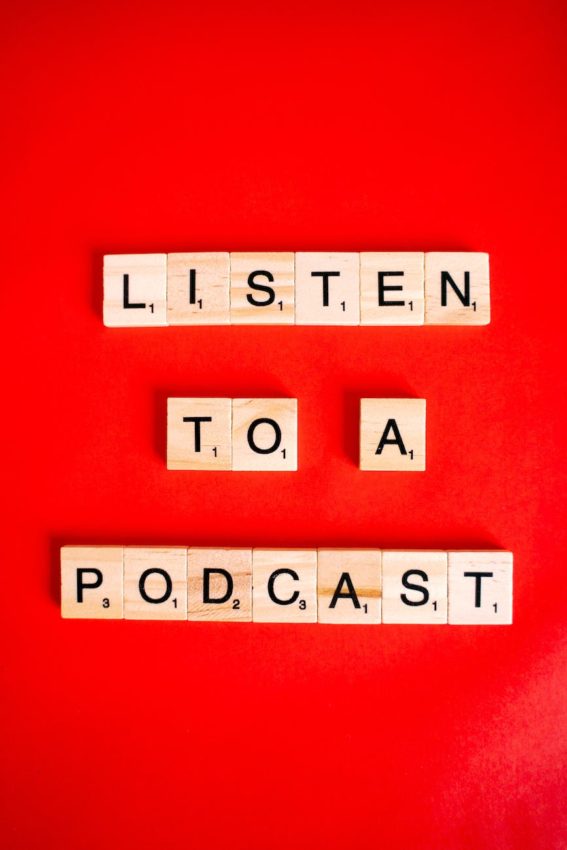A Warm Welcome to our new subscribers!
Parts 3 and 4 of the ‘Adult Child Podcast’ interview I did with host Andrea Ashley on family scapegoating abuse (FSA) were released this week. I am now able to link you to a YouTube playlist that has all four parts of this interview available – You can check out the chapters of each part in the video description, and closed captions (in English) have been added to all four parts as well. In parts 3 and 4 I cover a wide variety of topics related to FSA, including typical dysfunctional family dynamics; my work with families that scapegoat in addiction treatment clinics; as well as level of contact issues and how I address this with my clients in my private practice. I hope you find this psycho-educational series helpful.
ACCESS THE ENTIRE PODCAST HERE
Interesting Abstract on Siblings of Scapegoated Children
I found an abstract from 2007 that addresses sibling empathy in families that scapegoat. It was published in 2007 in the Journal of Emotional Abuse and is an interesting read. The authors offer a conceptual model for studying this issue further. If you want to check out this abstract, go here.
Alone for the Holidays?
Last week I re-published my article for FSA adult survivors who are still in touch with family during the holidays. I found this article from Psychology Today that addresses being estranged from family over the holidays with eight self-care tips that you may find helpful.
Lastly, I’ll be taking a break from my blog and social media for the rest of this month. As always, thank you for your presence here, and your support of my work on family scapegoating abuse (FSA).
Rebecca C. Mandeville, LMFT, CCTP

Thank you so much for your research, book, and online posts. I will be 70 soon, but I only figured out a couple of years ago that I had been scapegoated since birth. I knew that I had been mistreated, taunted, neglected, abused, and generally tormented and ganged up on, but no therapist had ever even mentioned the concept of scapegoating. Your work explains so much. After both my parents died, I went No Contact with my sisters (2 years ago) after their abuse reached grandiose and bizarre proportions following our mother’s death. I am hugely relieved to be No Contact, but my anger at my mistreatment remains in the back of my mind, constantly popping up in quiet moments. I am battling cancer (my sisters obviously have not been told), and I hate that I continue to feel so helpless in the face of their unwarranted cruelty to me. They always showed a kind of gleefulness and enjoyment in their mean-spirited behavior. Yet, I have no recourse and no way to defend myself against their lies and general hatefulness, except by blocking them and moving on. The enormous unfairness and longterm emotional (and even physical) trauma of being scapegoated is beyond frustrating; it is never-ending.
Hi Calista, thank you for your comment and sharing some of your story. I am linking you to an article I did on FSA and injustice; also, a video I did on siblings and FSA. I hope you find these helpful, in addition to my book, etc. You might also want to subscribe to my new FSA YouTube channel-check out the Community section, a nice community is forming over there.
My article on injustice: https://www.scapegoatrecovery.com/2022/06/29/injustices-of-family-scapegoating-fsa/
My YouTube video on sibling dynamices: https://youtu.be/lhb5WdUV2q0